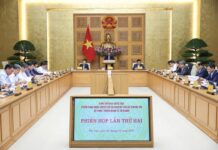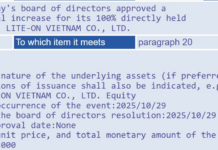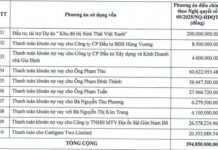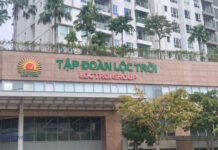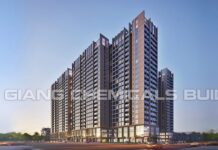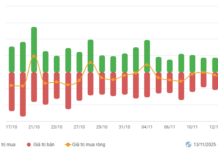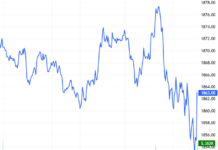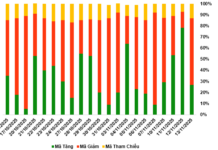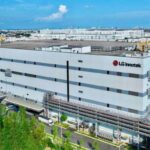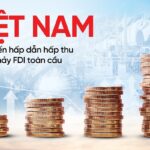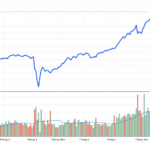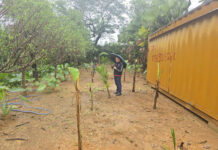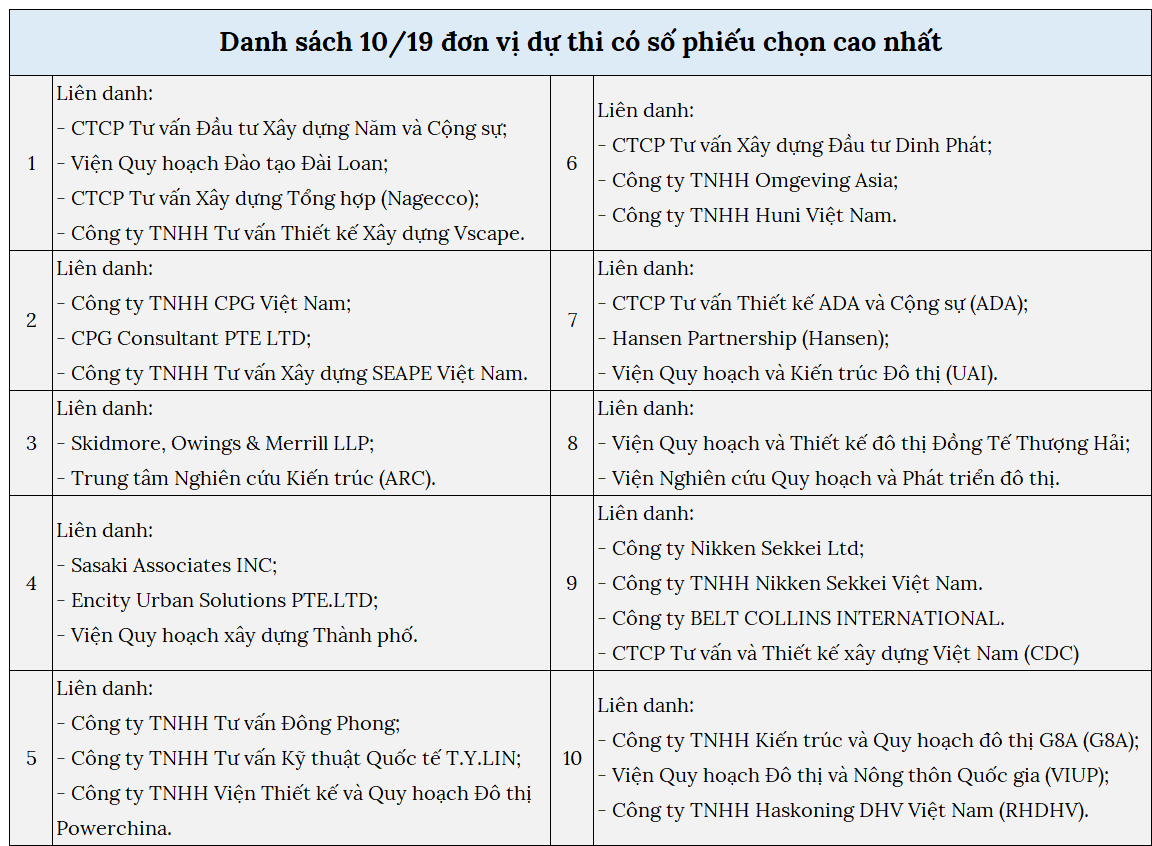Prime Minister Pham Minh Chinh, Head of the Central Steering Committee on Housing Policies and Real Estate Market, recently chaired a conference to announce the consolidation of the Steering Committee and its first meeting.
During the meeting, the Prime Minister emphasized that the real estate market and social housing development still face numerous challenges. The housing segment remains inadequate, primarily focusing on high-end products, with prices experiencing sudden surges, particularly in Hanoi and Ho Chi Minh City.
According to a report by the Ministry of Construction, apartment prices in these two major cities remain high, averaging between 70–80 million VND/m², a 5.6% increase compared to the beginning of the year. Meanwhile, social housing, which was expected to help reduce housing prices, has seen improvements in quantity but still lags behind its targets.
As of July, the number of new social housing units reached only 59.6% of the target set in the 1 million unit plan. While some localities like Hue and Hai Phong have performed well, many others are still struggling to meet requirements. Notably, the 145 trillion VND credit package for social housing development has only disbursed over 4 trillion VND after more than two years of implementation.
In response to this situation, the Prime Minister raised a critical question: “Are there any businesses not borrowing? Are there any businesses not taking bank loans to invest in real estate? Can banks control how much of this borrowed money is going into real estate or elsewhere? Why is the bank package not being disbursed? How many people need housing but cannot afford it due to high prices? With prices ranging from 70 to over 100 million VND/m², who can afford to buy?”
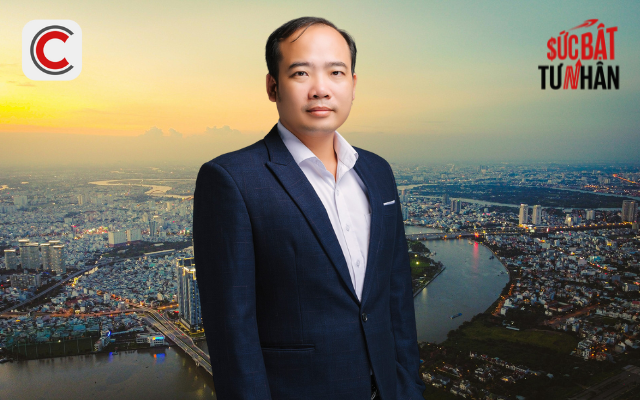
In response to the Prime Minister’s query, Mr. Nguyen Anh Que, Chairman of G6 Group and a member of the Vietnam Real Estate Association’s Executive Committee, proposed a series of short-term solutions for the 2025–2027 period to reduce housing and land prices.
Mr. Que suggested the urgent implementation of a reasonable land price table and the streamlining of legal procedures to increase supply. For land auctions targeting individuals, he recommended a mechanism restricting transfer for two years, requiring high deposits, proof of financial capability, and mandatory payment within seven days.
He also stressed the need to cap primary condominium profits at 50%, as current profits often exceed 200%. He cited a high-end condominium project on Le Van Luong Street (Hanoi) in 2022, which sold at 40 million VND/m² with costs around 25 million VND/m², but by 2025, prices had risen to 90 million VND/m² while costs were only about 35 million VND/m².
Additionally, he advocated for the accelerated development of social housing within and on the outskirts of major cities to create a supply that aligns with genuine public demand.
According to Mr. Que, if these solutions are implemented decisively, the real estate market could cool down and refocus on actual needs, rather than being driven by excessively high prices as seen today.
VPBank CEO: Real Estate Market Booms, Interest Rates at Historic Lows
According to Mr. Nguyen Duc Vinh, CEO of VPBank, the real estate market has become significantly more vibrant compared to a year ago. This indicates that we have successfully navigated through the most challenging phase.
LG Innotek Strengthens Vietnam Hub: Completes Billion-Dollar Plant, Doubles Camera Module Capacity
According to the Korea Times and major South Korean media outlets, LG Innotek has recently completed the expansion of its V3 factory in Hai Phong. This move is seen as a pivotal strategic step to solidify its leading position in the global camera module market and enhance price competitiveness, despite a decline in business performance recorded in Vietnam during the first half of 2025.
Unlocking Global Opportunities: SeABank’s Comprehensive Financial Solutions for FDI Enterprises
The consistent influx of FDI into Vietnam underscores its emergence as a new hub for multinational corporations. Its strategic location, abundant workforce, and open financial environment continue to powerfully attract international investors.









